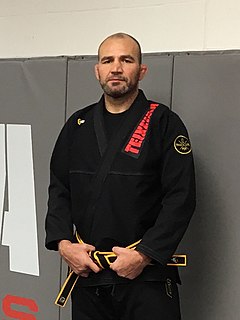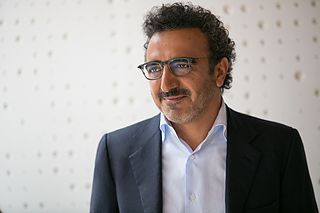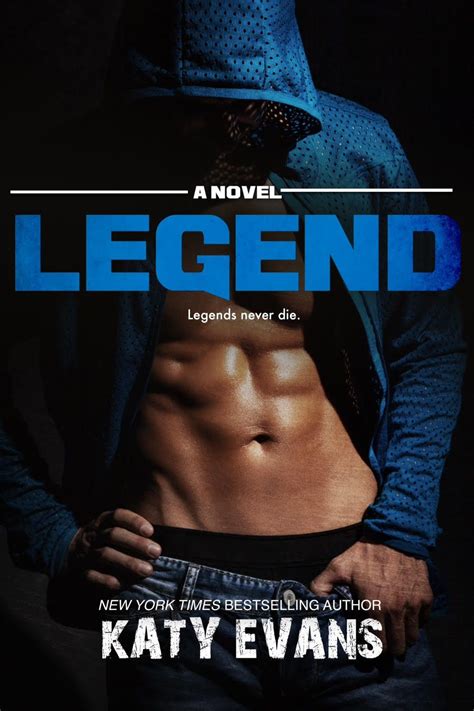A Quote by Wallace Stegner
A muddy little stream, a village grown unfamiliar with time and trees. I turn around and retrace my way up Main Street and park and have a Coke in the confectionery store. It is run by a Greek, as it used to be, but whether the same Greek or another I would not know. He does not recognize me, nor I him. Only the smell of his place is familiar, syrupy with old delights, as if the ghost of my first banana split had come close to breathe on me.
Quote Topics
Related Quotes
Cam disappears at the end of 'Rapture.' It was the only way for me to say good-bye to him at the time, and it's the way he prefers to split, anyway. I always knew I would return to him. He's been my favorite from the start. Readers have long asked what happened to him, but I had to wait for his story to come to me on its own.
For him who is perfect in love and has reached the summit of dispassion there is no difference between his own or another's, or between Christians and unbelievers, or between slave and free, or between male and female. But because he has risen above the tyranny of the passions and has fixed his attention on the single nature of man, he looks on all in the same way and shows the same disposition to all. For in him there is neither Greek nor Jew, male nor female, bond not free, but Christ who 'is all, and in all' (Col. 3:11; cf. Gal. 3:28).
A long time ago, I took a walk down a street in Harlem in New York City. I came upon a man who asked me for a dollar. He had asked a few other people before me, but they only passed him by without glancing his way. I stopped and handed the man some money. As I began to turn away, he reached out and shook my hand. He looked me in the eyes and said, "I will bless you." Now, I'm not saying that was God Himself. But how do we know that it wasn't someone working for him, walking around in disguise, just to see what we would do?
Any fool can destroy trees. They cannot run away; and if they could, they would still be destroyed,-chased and hunted down as long as fun or a dollar could be got out of their bark hides, branching horns, or magnificent bole backbones. Few that fell trees plant them; nor would planting avail much towards getting back anything like the noble primeval forests. During a man's life only saplings can be grown, in the place of the old trees-tens of centuries old-that have been destroyed.
By the time it came to the edge of the Forest, the stream had grown up, so that it was almost a river, and, being grown-up, it did not run and jump and sparkle along as it used to do when it was younger, but moved more slowly. For it knew now where it was going, and it said to itself, “There is no hurry. We shall get there some day.” But all the little streams higher up in the Forest went this way and that, quickly, eagerly, having so much to find out before it was too late.
When I’m running, there’s always this split second when the pain is ripping through me and I can hardly breathe and all I see is color and blur—and in that split second, right as the pain crests, and becomes too much, and there’s a whiteness going through me, I see something to my left, a flicker of color […]—and I know then, too, that if I only turn my head he’ll be there, laughing, watching me, and holding out his arms. I don’t ever turn my head to look, of course. But one day I will. One day I will, and he’ll be back, and everything will be okay. And until then: I run.
His dark hair is perfectly recklessly up today, those tanned muscles flexing as he extends out his arms and does his little turn. And here I am, my breath caught between my lungs and my lips as he turns around and scans the crowd. As soon as he spots me, his eyes come alive, as alive as I feel when he smiles at me. He holds my gaze while those dimples flash, and I swear he stares at me in a way that makes me feel that I am the only woman here.





































